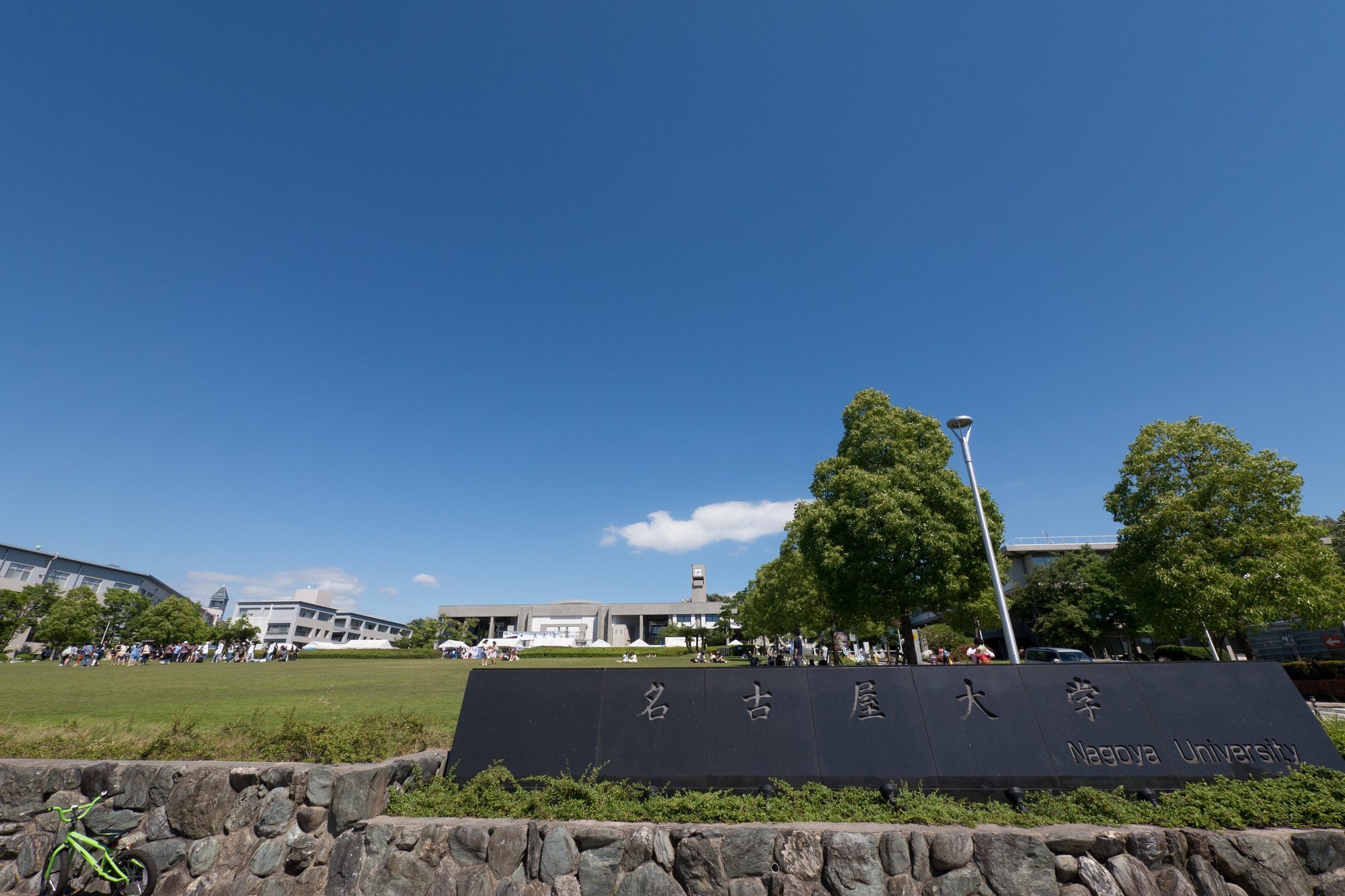A group led by Professor Hiroyoshi Nishikawa of Nagoya University, in collaboration with the National Cancer Research Center, has a cytotoxicity in which epidermal growth factor receptor (EGFR) gene mutations found in about half of lung adenocarcinoma kill cancer cells. By controlling the migration of sex T cells and regulatory T cells that suppress the immune response, it was revealed that they are resistant to cancer immunotherapy.
Currently, the effectiveness of immunotherapy such as anti-PD-1 antibody (antibody that inhibits the activation of cytotoxic T cells) against lung cancer has been shown, but EGFR is found in about half of lung adenocarcinomas among lung cancers. It has been reported that cancer immunotherapy is not effective in gene mutation-positive cases.One of the causes is that the number of somatic mutations is small.It is presumed that this is a type of cancer in which there are few abnormal proteins (foreign substances) caused by gene mutations and an immune response for removing the foreign substances is unlikely to occur.
Detailed analysis of this study revealed that in EGFR mutation-positive cases, the number of cytotoxic T cells invading cancer tissue was small and the number of regulatory T cells was high.Examining why there are many regulatory T cells, EGFR gene mutation-positive lung cancer produces a large amount of the chemical substance [chemokine (CCL22)] that attracts regulatory T cells, while being cytotoxic, which kills cancer cells. It was revealed that the production of chemical substances [chemokines (CXCL10 and CCL5)] that attract T cells is low.Therefore, when anti-PD-1 antibody was used in a state in which the EGFR signal was inhibited in mice transplanted with cancer, the therapeutic effect on lung cancer was improved.
In order to overcome the immunosuppressive tumor environment revealed this time, it is considered effective to inhibit EGFR signal activity and then perform cancer immunotherapy, which will lead to new treatment strategies for lung cancer in the future. there is a possibility.
Paper information:[Science Immunology] Blockade of EGFR improves responsiveness to PD-1 blockade in EGFR-mutated non–small cell lung cancer

